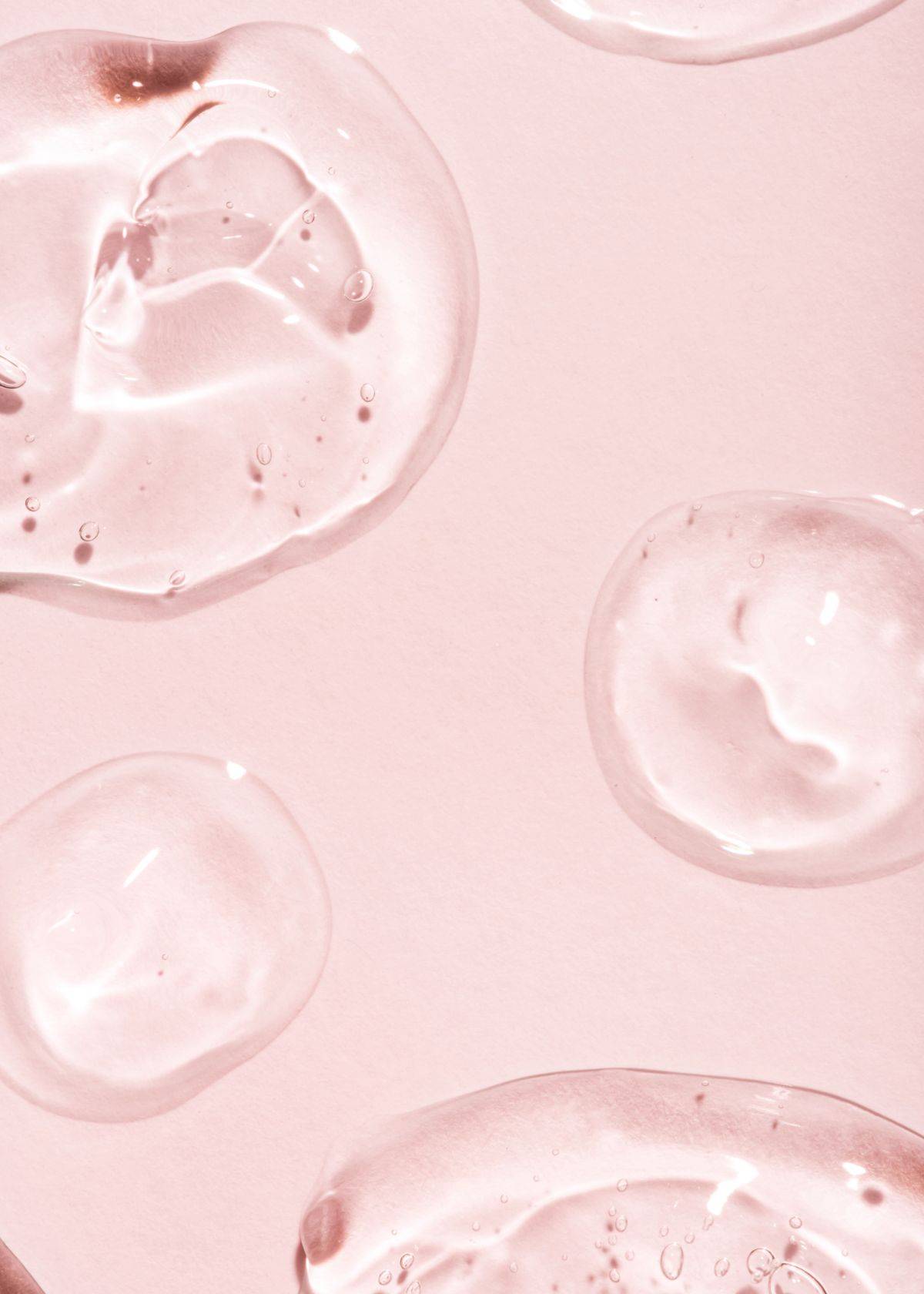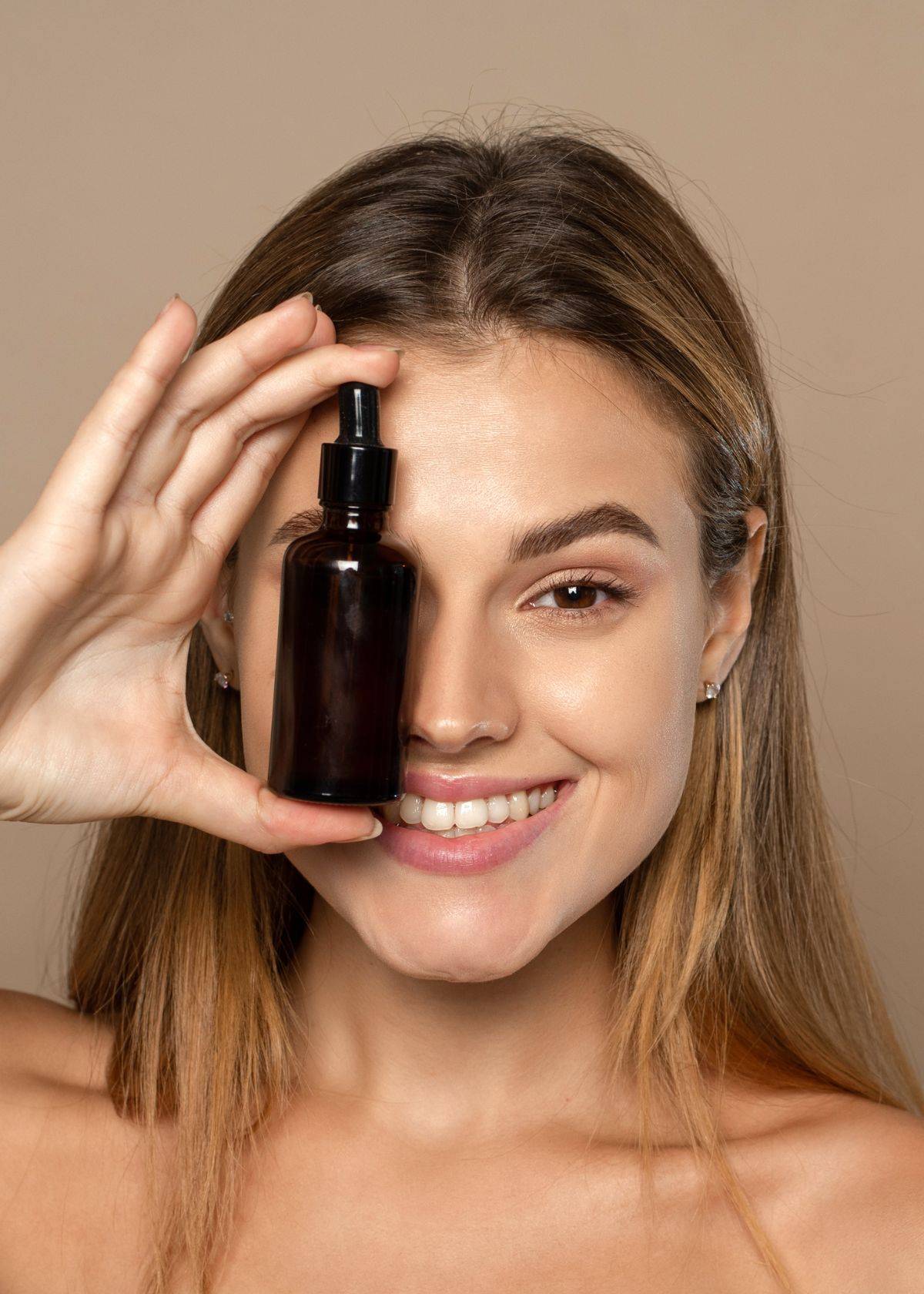Are you starting to notice that your skin tone isn't as even as it used to be, or perhaps dark patches have begun to make an unwelcome appearance on your face and body?
Tackling the persistent issue of hyperpigmentation can feel like a never-ending battle. But take heart—you're in good company with many others who face this skincare hurdle.
We know the feeling well; those stubborn spots can seem relentless. Yet, the game changed when we focused on the potent benefits of essential nutrients. For example, did you know Vitamin C is about much more than just warding off sniffles?
It's been hailed as a powerhouse for reducing melanin production and lightening those darker spots for a more luminous complexion! Hang tight—our article is here to guide you through this murky territory with clarity.
We'll unveil the top vitamins proven effective at balancing out skin pigmentation and give you actionable advice on how they can be seamlessly infused into your daily regimen.
Brace yourself for a journey back to glowing, vibrant skin!
Key Takeaways
- Vitamin A reduces hyperpigmentation by promoting the growth of new skin cells and repairing tissues, which helps fade dark spots.
- Niacin, or Vitamin B3, improves skin pigmentation by reducing inflammation and boosting ceramide production for moisture retention and a brighter complexion.
- Vitamin C is an antioxidant that lessens melanin production, aids in collagen synthesis for healthier skin, and can improve uneven skin tone through cell turnover stimulation.
- Including foods rich in these vitamins, such as citrus fruits, leafy greens, sweet potatoes, chicken, and turkey peanuts, can effectively aid in reducing hyperpigmentation.
- Applying skincare products containing Vitamins E and C can protect against UV damage while nourishing the skin to prevent further pigmentation issues.
Understanding Skin Pigmentation
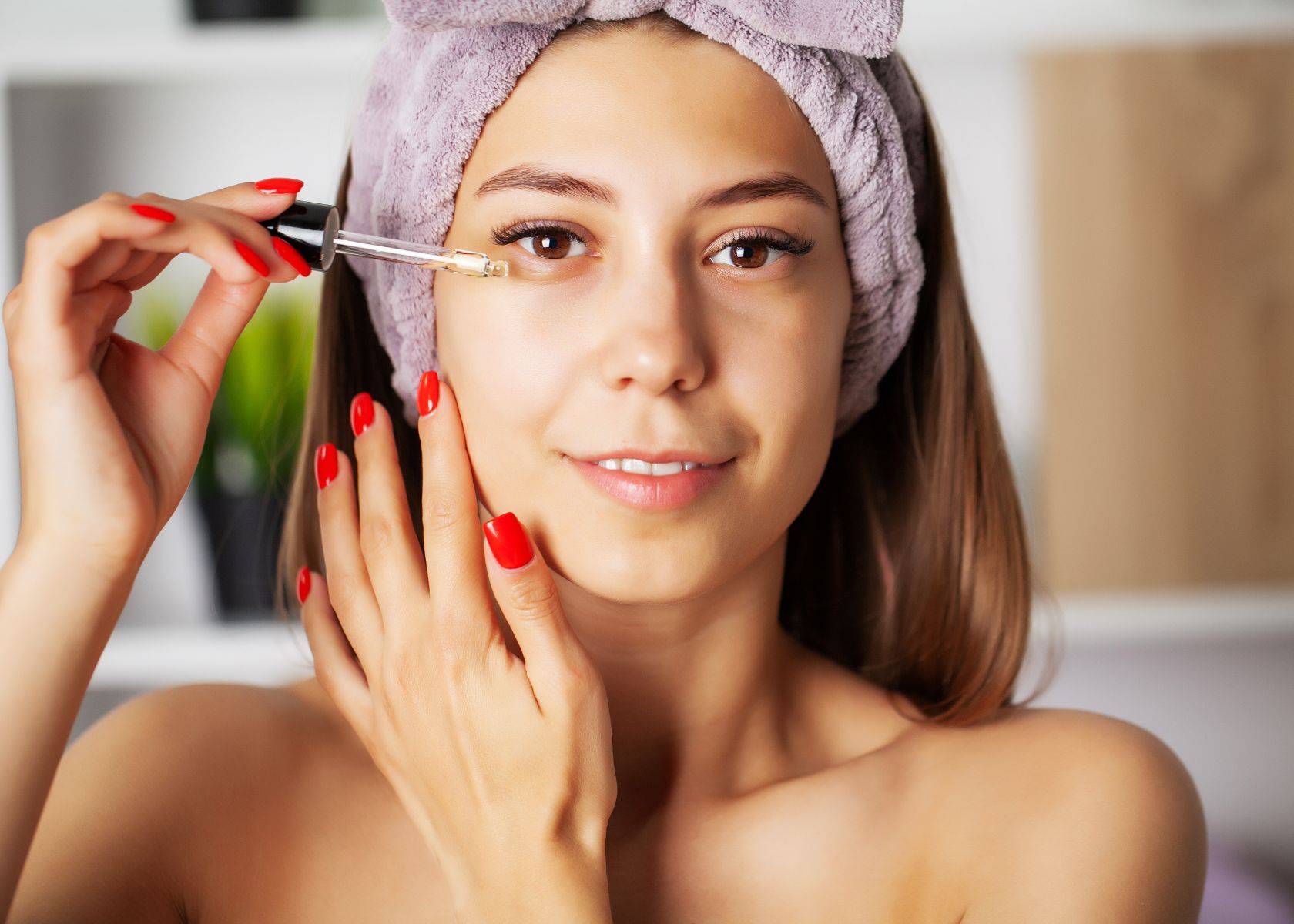
Skin pigmentation refers to the color of the skin, and it is determined by melanin production. The main causes of hyperpigmentation include sun exposure, hormonal changes, inflammation, and skin injuries.
Definition
Skin pigmentation refers to the color of our skin, which is determined by melanin — a pigment produced by specialized cells known as melanocytes. When these cells become damaged or unhealthy, it can affect melanin production.
Too much melanin leads to darker patches or spots on the skin, a condition we often call hyperpigmentation.
Hyperpigmentation causes various skin manifestations, including dark spots, age spots, and other darkened skin areas. This discoloration is common and can result from sun exposure, inflammation, or other skin injuries.
Vitiligo and angular stomatitis are pigmentation disorders that differ from hyperpigmentation but also involve changes in skin color.
People turn to vitamins like Vitamin C for hyperpigmentation because they play roles in collagen production and serve as antioxidant molecules. They help to replace dead skin cells with new ones.
They help combat the damage caused by UV rays and reduce the appearance of dark spots, making them essential components in both treatment plans and everyday skincare routines aimed at maintaining even-toned complexions.
Main Causes
Skin pigmentation can occur due to various factors. These include:
- Excessive sun exposure: The UV rays from the sun can stimulate the production of melanin, resulting in hyperpigmentation. Sun damage is a major cause of excess pigment in the skin.
- Hormonal changes: Fluctuations in hormone levels, such as during pregnancy or menopause, can lead to increased melanin production and cause dark spots.
- Post-inflammatory hyperpigmentation: Skin inflammation or injury, such as acne scars or cuts, can trigger excess melanin production, leading to discoloration.
- Genetics: Some individuals may be predisposed to developing hyperpigmentation due to genetic factors.
- Age: As people age, their skin's ability to regulate melanin production diminishes, making them more susceptible to hyperpigmentation.
Vitamin A for Skin Pigmentation

Vitamin A is known for promoting healthy skin cells and reducing hyperpigmentation. It helps produce new skin cells, which can aid in fading dark spots and evening out skin tone.
Some of the best sources of Vitamin A include sweet potatoes, carrots, and leafy greens.
Benefits of Vitamin A
Vitamin A offers several benefits for skin pigmentation. It aids in maintaining and repairing skin tissues, which can help even out dark spots and discoloration. Additionally, Vitamin A supports the production of new skin cells, providing a healthier complexion and reducing the appearance of hyperpigmentation.
Consuming foods rich in Vitamin A or using skincare products containing this vitamin can improve overall skin tone and texture. Moreover, Vitamin A acts as an antioxidant, helping protect the skin from damage caused by UV exposure that can lead to hyperpigmentation.
Incorporating Vitamin A into your diet or skincare routine can significantly support efforts to address hyperpigmentation concerns.
Best sources of Vitamin A
Vitamin A is essential for healthy skin and can help with hyperpigmentation. Some of the best sources of Vitamin A include:
- The liver, especially from beef or chicken, is high in retinol, a form of Vitamin A that is easily absorbed by the body.
- Fish oil, such as cod liver oil, is a rich source of Vitamin A and contains omega-3 - 3 fatty acids, which are beneficial for skin health.
- Dairy products like milk, cheese, and yogurt provide Vitamin A through retinyl ester and carotenoids.
- Eggs contain both retinol and beta-carotene, which can be converted into Vitamin A in the body.
- Orange and yellow fruits and vegetables like sweet potatoes, carrots, mangoes, and apricots are rich in beta-carotene, a precursor to Vitamin A.
Vitamin B3 for Skin Pigmentation
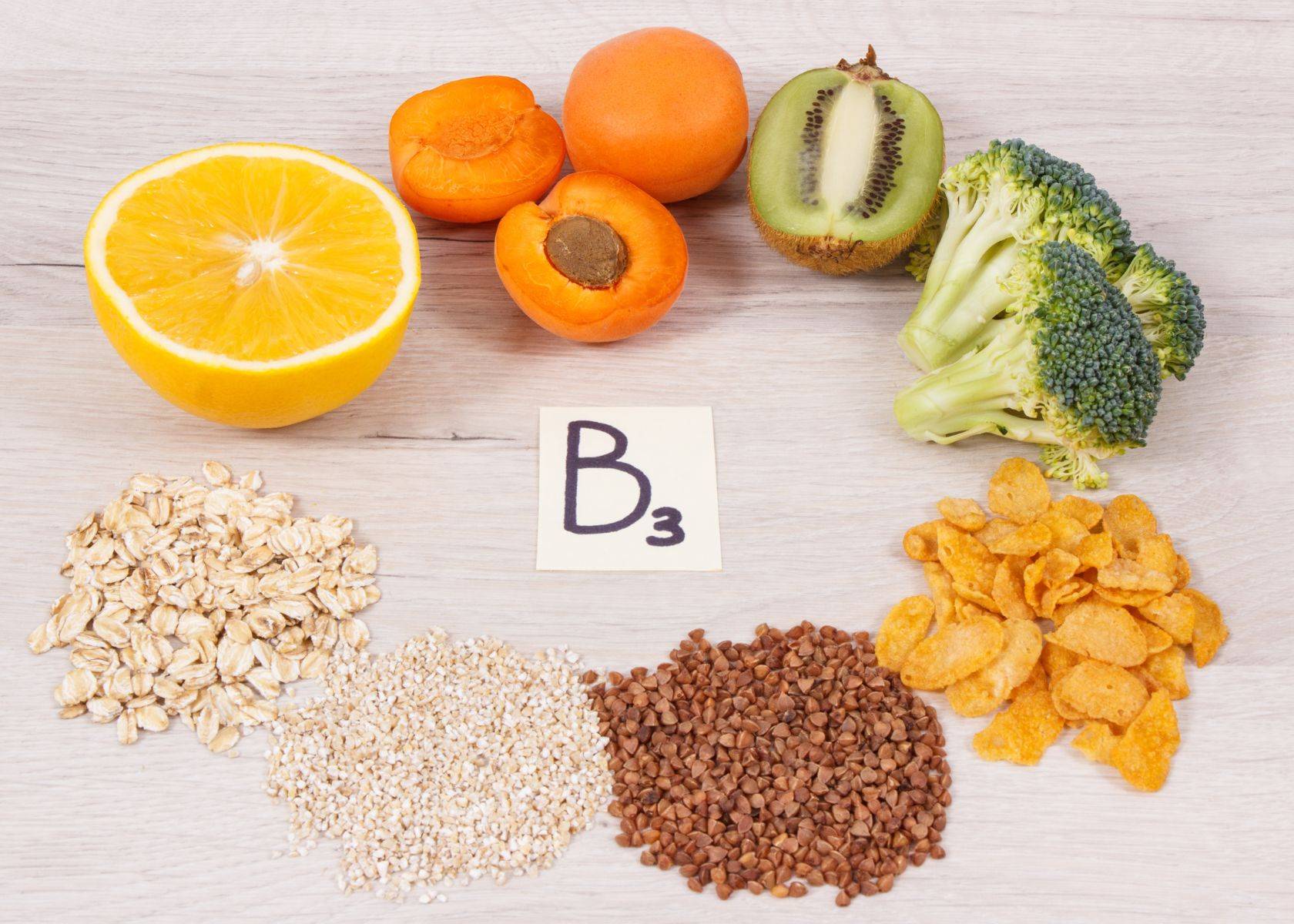
Vitamin B3, also known as niacin, can help with skin pigmentation by reducing inflammation and improving the overall texture and tone of the skin. This vitamin can be found in foods like chicken, turkey, peanuts, mushrooms, and green peas.
Benefits of Vitamin B3
Vitamin B3, known as niacin, offers several benefits for skin pigmentation. It helps to even out skin tone and reduce the appearance of dark spots caused by hyperpigmentation.
Niacin boosts the production of ceramides in the skin, improving its barrier function and retaining moisture. This can lead to a brighter and more radiant complexion.
Additionally, Vitamin B3 has anti-inflammatory properties that can help calm irritated skin and reduce redness, improving skin pigmentation.
Moreover, niacin aids in reducing the impact of UV damage on the skin, which is one of the leading causes of hyperpigmentation. Vitamin B3 can help diminish discoloration caused by sun exposure by supporting healthy cell turnover and repair processes.
Best sources of Vitamin B3
Vitamin B3, also known as niacin, can be found in various foods.
- Chicken: Chicken breast is an excellent source of niacin and can help improve skin pigmentation.
- Tuna: Tuna fish contains a good amount of niacin and can contribute to improved skin health.
- Avocado: Avocado is packed with niacin, making it a fantastic choice for maintaining healthy skin.
- Mushrooms: Portobello mushrooms are a great source of niacin and can aid in reducing hyperpigmentation.
- Green Peas: Green peas are rich in niacin and can support skin health when consumed regularly.
- Sunflower Seeds: These seeds contain ample niacin, which can benefit skin pigmentation.
- Turkey: Turkey meat is high in niacin and can be included in a diet to support skin health.
- Brown Rice: Whole-grain brown rice is a good source of niacin and can improve skin tone.
- Peanut Butter: Natural peanut butter contains generous levels of niacin, aiding in maintaining healthy skin.
- Beef Liver: Beef liver is rich in niacin and can be beneficial for reducing hyperpigmentation when consumed moderately.
Vitamin C for Skin Pigmentation

Vitamin C is known for its antioxidant properties, which can help to reduce hyperpigmentation and uneven skin tone. It also promotes collagen production for healthier, brighter-looking skin.
Some of the best sources of Vitamin C include citrus fruits, strawberries, kiwi, and bell peppers.
Benefits of Vitamin C
Vitamin C offers multiple benefits for improving skin pigmentation. It is a potent antioxidant that can help reduce melanin production, fading dark spots, and hyperpigmentation while brightening the skin's overall appearance.
Topical Vitamin C serum has effectively inhibited melanin production and treated hyperpigmented spots on the skin. Additionally, as an essential nutrient for collagen synthesis, Vitamin C is vital in maintaining healthy and radiant skin.
Furthermore, Vitamin C's ability to stimulate cell turnover contributes to its effectiveness in reducing the appearance of dark spots and uneven skin tone caused by hyperpigmentation.
Best sources of Vitamin C
After learning about the benefits of Vitamin C for skin pigmentation, let's explore the best sources of this essential vitamin to incorporate into your daily routine:
- Citrus Fruits: Oranges, lemons, and grapefruits are excellent sources of Vitamin C.
- Berries: Strawberries, blueberries, and raspberries are rich in Vitamin C and can be easily included in your diet.
- Kiwi: This small fruit is packed with a high amount of Vitamin C, making it a great addition to your daily intake.
- Bell Peppers: Red and yellow bell peppers contain more Vitamin C than green ones and can be added to salads or stir-fries.
- Broccoli: This cruciferous vegetable is not only nutritious but also an excellent source of Vitamin C.
- Pineapple: Enjoy this tropical fruit to boost your intake of Vitamin C along with its natural sweetness.
- Guava: This tropical fruit provides a high concentration of Vitamin C and can be eaten as a snack or added to smoothies.
- Papaya: Incorporating papaya into your diet can contribute to meeting your daily requirement for Vitamin C.
Other Helpful Supplements for Skin Pigmentation

Consider incorporating Vitamin E into your skincare routine, as it has been shown to help with dark spots and skin discoloration. Additionally, a spectrum supplement or pigmentation defense supplement can provide a comprehensive approach to addressing hyperpigmentation.
Vitamin E
Vitamin E, known as tocopherol, is a potent antioxidant to prevent hyperpigmentation. It helps protect the skin from UV damage and aids in fading dark spots and discoloration.
Vitamin E is abundant in various foods, such as nuts, seeds, and leafy green vegetables. Additionally, using skincare products infused with Vitamin E can further enhance its protective benefits for the skin.
Another advantage of Vitamin E is its ability to promote overall skin health by moisturizing and nourishing it. This vitamin supports cell function, contributing to an even skin tone, thus reducing the appearance of hyperpigmentation.
Pigmentation Defense Supplement
Vitamin E is a powerful antioxidant that helps prevent hyperpigmentation. It can protect the skin from UV damage and free radicals, contributing to dark spots and uneven skin tone.
Incorporating Vitamin E into your skincare routine can aid in maintaining healthy pigmentation. Additionally, vitamin E serum can assist in protecting the skin's lipid barrier while reducing inflammation and enhancing overall skin health.
Moreover, a spectrum supplement containing vitamins such as A, B3, C, D, and E can provide comprehensive support for addressing hyperpigmentation concerns. This combination ensures an intake of essential nutrients that maintain balanced melanin production and promote even skin tone.
Frequently Asked Questions
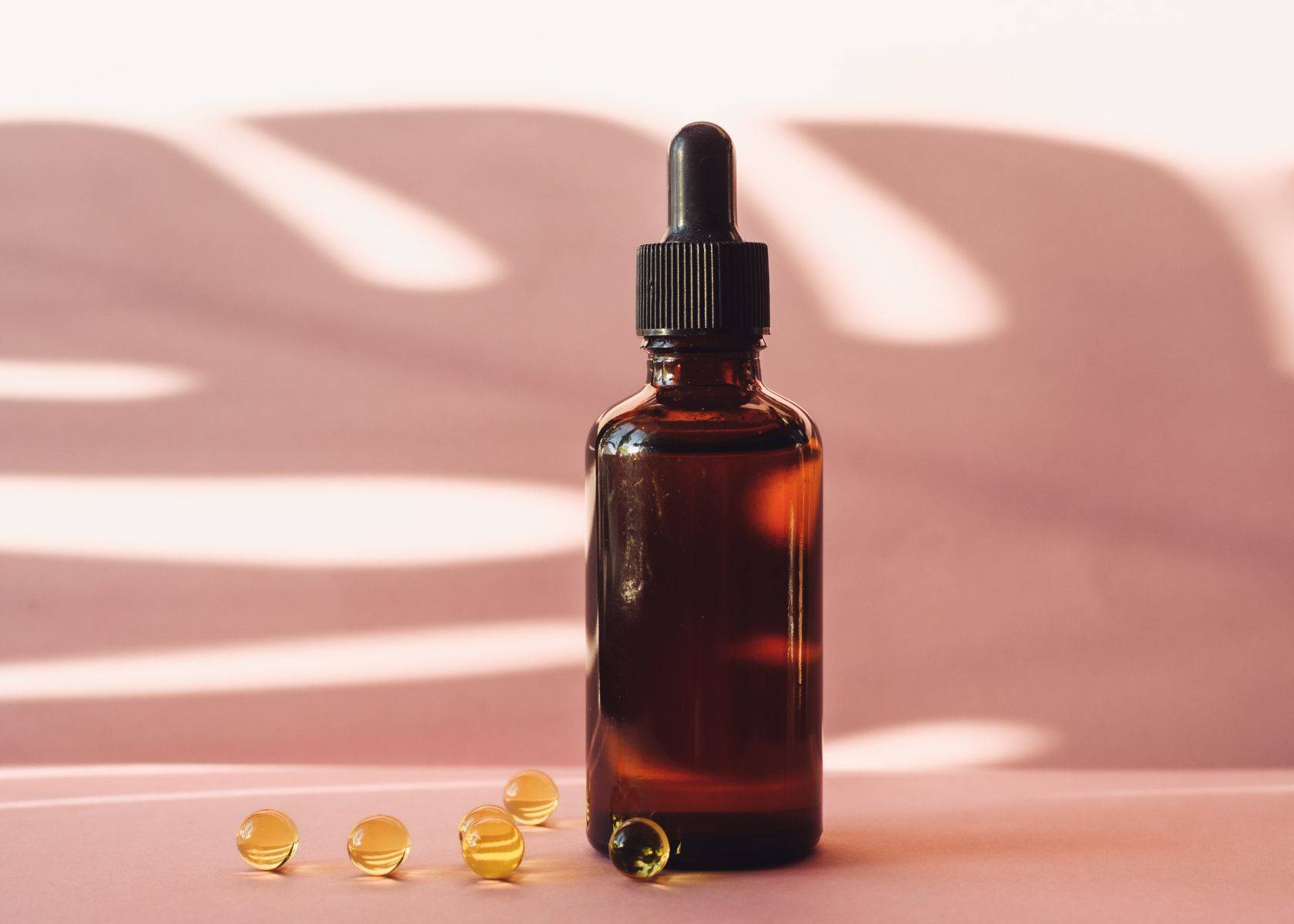
What vitamins are good for treating hyperpigmentation?
Vitamins like Vitamin C, Vitamin E for dark spots, and even Vitamin K can help with skin hyperpigmentation.
Can a vitamin deficiency cause skin discoloration?
Yes, lacking some vitamins, such as Vitamin B or D, might lead to skin discoloration and contribute to hyperpigmentation.
Are there any supplements that can help with hyperpigmentation?
Hyperpigmentation supplements often contain skin-brightening vitamins that promote an even skin tone and reduce dark spots. You can try Vitamin C, Vitamin B12, ascorbic acid, Vitamin D, and a combination of these.
Conclusion
The key vitamins for combating hyperpigmentation include vitamins A, B3, C, and E. These vitamins are practical and efficient solutions for reducing melanin production and fading dark spots.
Implementing these strategies can significantly improve skin pigmentation and overall appearance. For further guidance on enhancing skin health, consider consulting a dermatologist or exploring additional resources in skincare management.
References
- Al-Niaimi, Firas, and Nicole Yi Zhen Chiang. “Topical Vitamin C and the Skin: Mechanisms of Action and Clinical Applications.” The Journal of clinical and aesthetic dermatology vol. 10,7 (2017): 14-17.
- Sanadi, Rizwan M, and Revati S Deshmukh. “The effect of Vitamin C on melanin pigmentation - A systematic review.” Journal of oral and maxillofacial pathology : JOMFP vol. 24,2 (2020): 374-382. doi:10.4103/jomfp.JOMFP_207_20
- VanBuren, Christine A, and Helen B Everts. “Vitamin A in Skin and Hair: An Update.” Nutrients vol. 14,14 2952. 19 Jul. 2022, doi:10.3390/nu14142952
Read More About Other Related Topics of Hyperpigmentation
